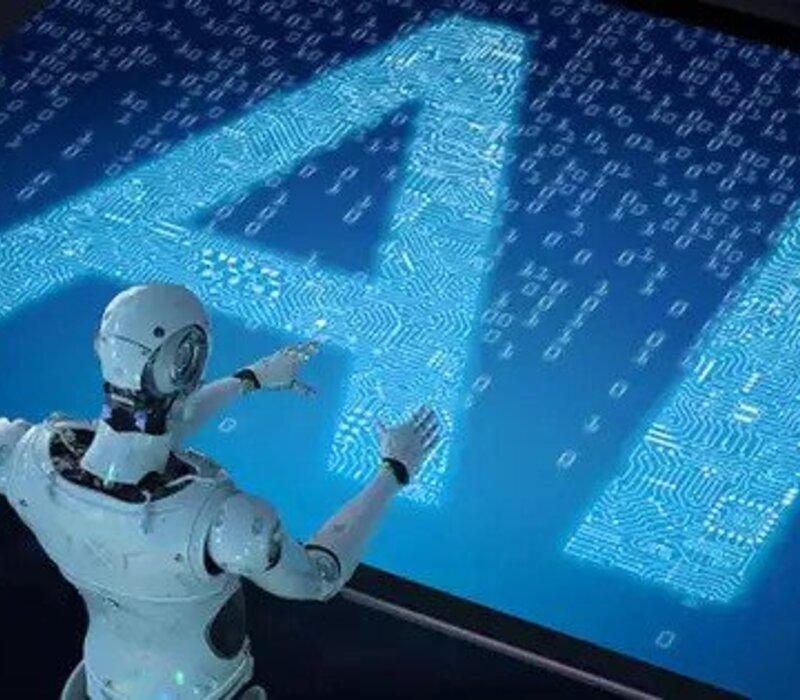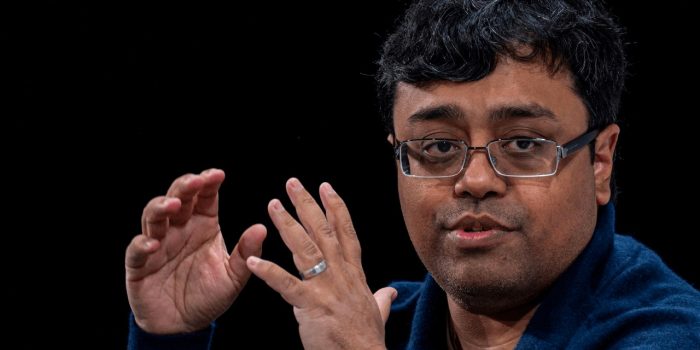A statement given by Emad Mostaque, CEO of Stability AI, suggests that the majority of outsourced programmers in India are at risk of losing their jobs within the next year or two. This is attributed to advancements in artificial intelligence (AI) that have made it possible to develop software with fewer human resources.
“I think that it affects different types of jobs in different ways,” Mostaque said on a call with analysts at the Swiss investment bank UBS last week.
“If you’re doing a job in front of a computer, and no one ever sees you, then it’s massively impactful, because these models are like really talented grads.”
In a conversation with UBS analysts, Mostaque highlighted the impact of AI on the outsourcing industry, specifically in coding and programming roles.

However, the extent of this impact may vary across different countries due to variations in rules and regulations. Countries with stronger labor laws, such as France, are expected to experience a lesser impact compared to others.
In India, Mostaque said, “outsourced coders up to level three programmers will be gone in the next year or two, whereas in France, you’ll never fire a developer.”
“So it affects different models in different countries in different ways in different sectors.”
India, being home to more than 5 million software programmers, faces a significant threat from the effects of advanced AI tools like ChatGPT. Bloomberg’s report emphasizes India’s status as a favored location for companies seeking to outsource back-office jobs and other roles overseas.
Major entities, including tech giants from Silicon Valley, Wall Street banks, airlines, and retailers, rely on India’s outsourcing firms for their services. Notable providers in this space include Tata Consultancy Services (TCS), Infosys, and Wipro.
TCS, as the largest outsourcing provider in India, has made significant investments in generative AI. They have committed to training over 25,000 engineers on this technology through Microsoft’s Azure Open AI service. TCS’s CEO, N.

Ganapathy Subramaniam stated in an interview with CNBC that the company has been adopting a “machine-first” approach to project delivery for the past four years. He believes that AI will have an enormous impact on their operational processes and the way they conduct business. The implementation of generative AI has accelerated this transformation.
Mostaque reiterates his previous statement that there will be “no more programmers” in five years. However, he clarifies that he refers to coders in the traditional sense. This suggests that the role of programmers may evolve or shift due to the increasing automation and AI capabilities in software development.
“Why would you have to write code where the computer can write code better? When you deconstruct the programming thing from bug testing to unit testing to ideation, an AI can do that, just better,” Mostaque said.
“But it won’t be doing it automatically, it will be AI ‘co-pilots,’” Mostaque said. “That means less people are needed for classical programming, but then are they needed for other things? This is the question and this is the balance that we have to understand, because different areas are also affected differently.”


